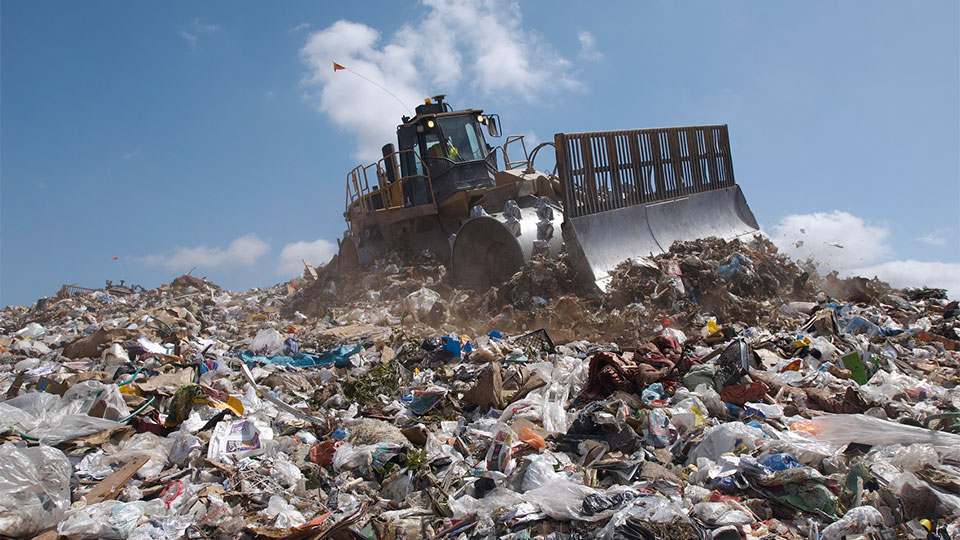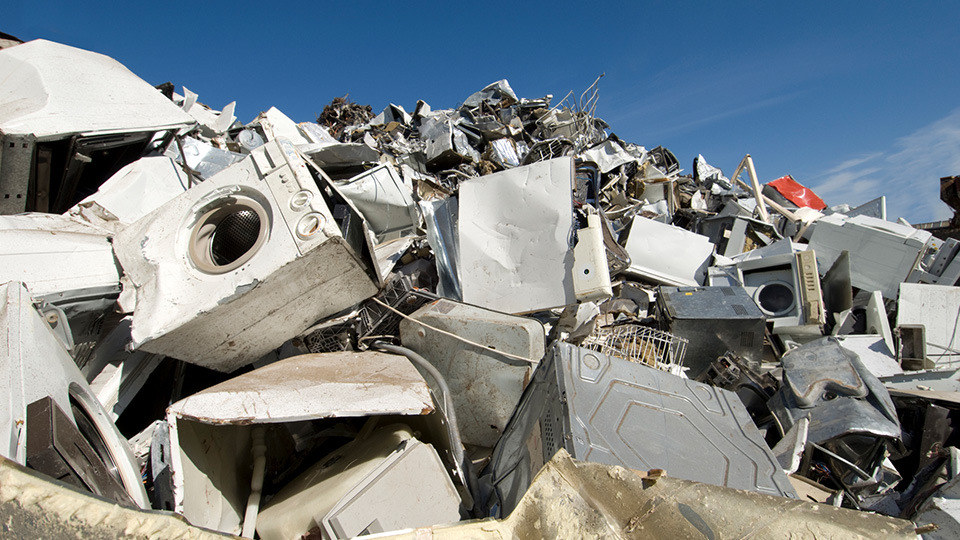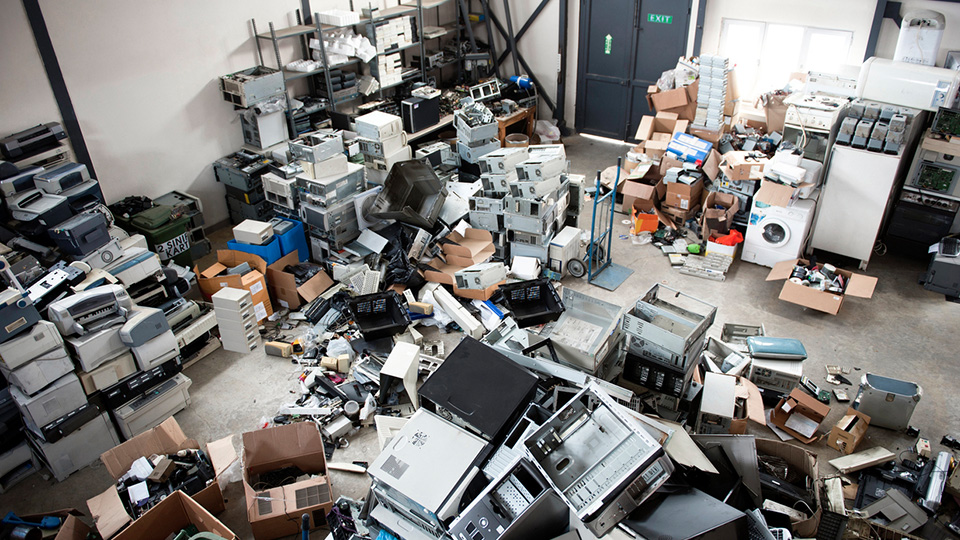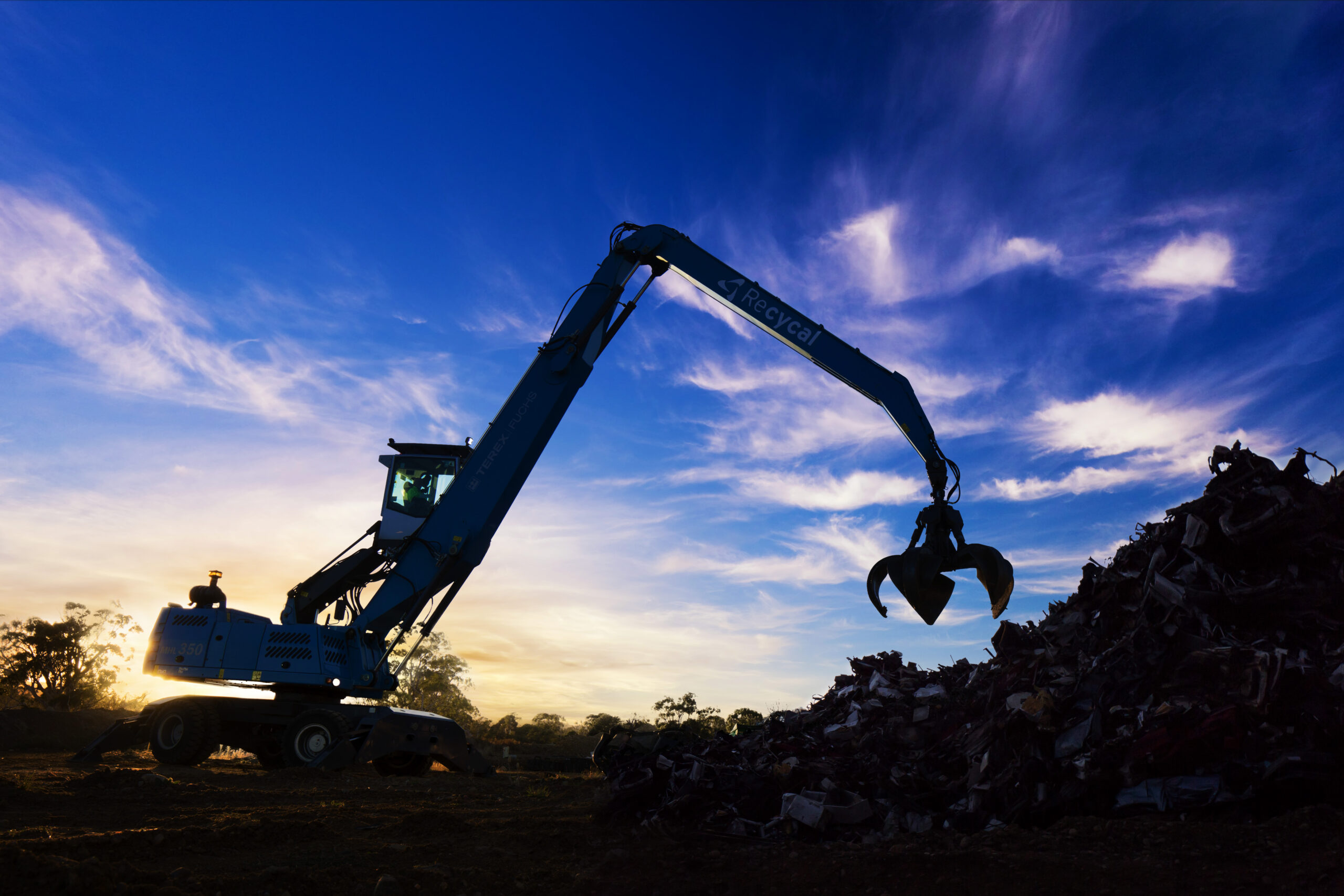The Minamata Convention on Mercury has officially entered into force, 61 years after the first cases of what came to be known as Minamata disease were identified in the Japanese coastal city of the same name.
The convention came into force on August 16, and the first conference of the parties will take place from September 24 to 29 in Geneva, Switzerland.
The cause of the horrendous neurological symptoms was identified as mercury poisoning, as a chemical plant had been discharging large quantities of mercury into coastal waters.
While the disease first showed up in people eating a lot of fish from the polluted waters, residents away from the coast also exhibited symptoms of the disease.
It is estimated that between 100,000 and 200,000 people were affected. However, only a small proportion of these have been officially recognised as sufferers of the disease.
A similar case of mass mercury poisoning occurred in Canada in 1960s and 70s.
What Does The Minamata Convention Mean?
The Minamata Convention seeks to achieve environmentally sound management of mercury throughout its lifecycle.
In practical terms, this means that the signatories to the convention have, among more detailed measures, committed to:
- a ban on new mercury mines and the phase-out of existing ones
- the reduction and phase out of mercury use in a number of products and processes
- control measures on emissions to air and on releases to land and water, and
- regulation of artisanal and small-scale gold mining, a major ongoing cause of mercury poisoning.
The convention also addresses the interim storage of mercury and its disposal once it becomes waste, the management of sites contaminated by mercury as well as health issues. It imposes obligations on anyone who works with mercury-containing products.
Local Impacts
With Australia a signatory to the Minamata Convention on Mercury, what impact is it likely to have locally?
According to Daryl Moyle, Business Development Manager of mercury recycling company Ecocycle, the greater awareness of mercury pollution that has been generated by the convention should see stricter controls put on the disposal of mercury-containing waste.
“We expect that more material will enter the recycling stream, and are already seeing the development of some government initiatives to identify and control mercury waste,” he said.
He also believes that closer government scrutiny will see some of the less professional operators fall into line with industry best practice.
Another important outcome of the Minamata Convention coming into force is that the Australian Government recognises how it meshes with the much older Basel Convention.
This is aimed at reducing the transfer of hazardous waste between countries, particularly from developed to less developed nations.
“The principle of the Basel Convention is that hazardous waste be dealt with within its country of origin, wherever possible,” said Mr Moyle.
“The Minamata Convention reinforces that principle for waste that contains mercury. With state-of-the-art recycling facilities available in Australia, the convention should put an end to any more exports of this type of waste.”





